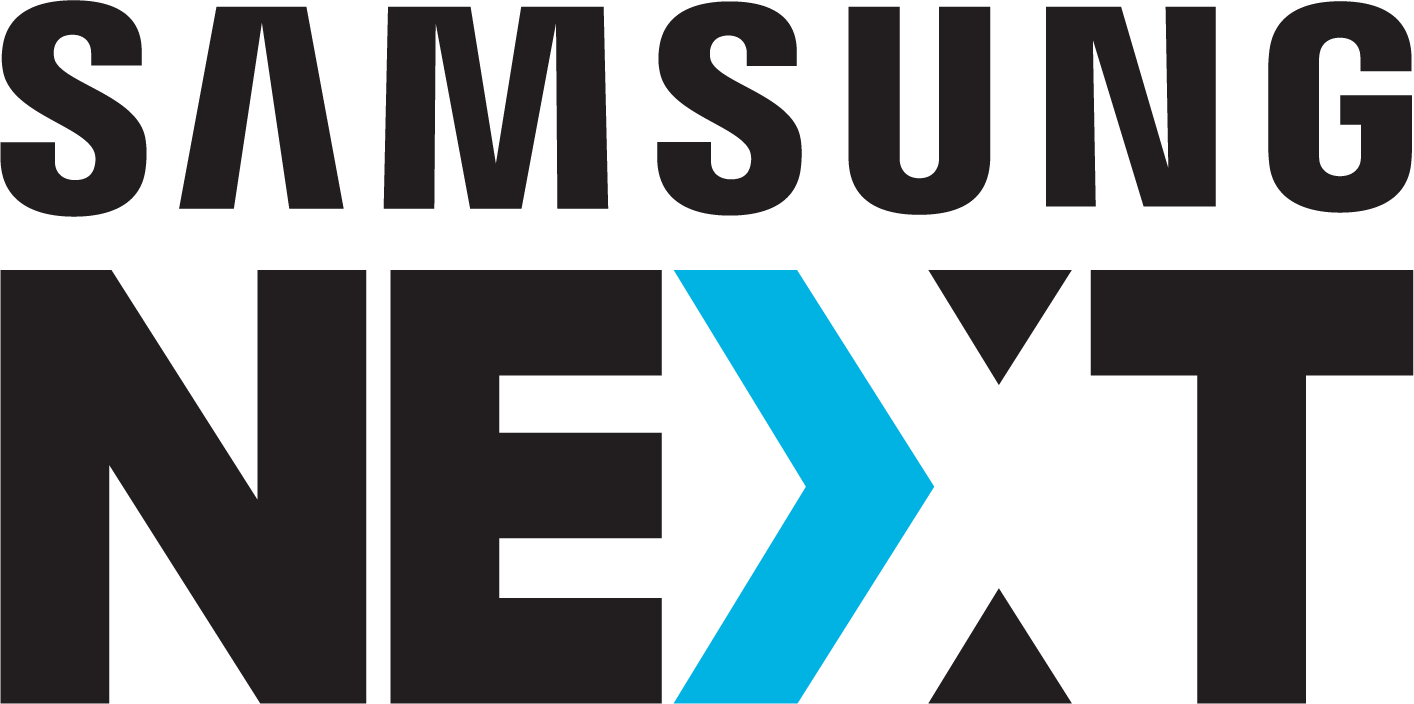How to build a product-driven company
What makes a great product manager today?
Hiring the right manager is critical for building a successful, product-driven company. And hiring the wrong person can be costly, even fatal, to the company's aspirations. Samsung NEXT Head of New York Ecosystem Bo Ren outlined five criteria — a kind of hiring checklist — that companies can use to find a product manager that will help them achieve their product goals.
What you'll learn from this lesson:
Hire someone with industry experience
"If a product manager has zero knowledge or expertise in what you're building, it's going to be incredibly challenging to ramp them up in six months to create added value," Bo says.
At any growing company, there's going to be a knowledge deficit — a gap between what the company wants to build and the skills and experience needed to get there. Managers must have the strength to bridge that gap, and to develop products that they know the marketplace will embrace.
Technical expertise is not a necessity
Product development is a marriage between gut instinct and analytical rigor. "And there has to be a balance between those technical and non-technical skill sets," Bo says.
In her view, being non-technical can be its own superpower. Sometimes non-geeky product managers are able to consider innovative product options that aren't limited by existing technical constructs. At the same time, however, certain projects do require technical skills. "If you're building a developer tool kit, you shouldn't be hiring a consumer product manager," she says.
Find the right fit
Startups need to hire people at the right time in the company's lifecycle. "Sometimes it's the right person, at the wrong time," Bo says.
For example, a product manager might be adept at scaling or localizing products — a great skill set for later-stage companies — but not necessarily for Series A firms. "You need someone who's great for that early product-market-fit phase of a startup," she says.
Complement other leaders' skills
Bo feels that the relationship between CEO and product manager is sacred — and critical to a company's success. "As a first product manager, you're taking on the role of co-founder, without the glorious title of co-founder," she says.
For this relationship to work, the product manager needs to act as a counterweight to the CEO, balancing his or her strengths and weaknesses. For instance, a CEO with a technical background might gravitate towards a manager with marketing experience.
At the same time, the relationship between the two must be equitable. "They should be able to challenge and push back and further each other's thinking," Bo says. "That's where you get the best product."
Be success-oriented
"Oftentimes, founders get a knee jerk reaction to just hire quickly," Bo says. But hiring a product manager for the wrong reasons — such as pressure from the board to simply fill the role — can set the new hire up for failure.
Instead, the company should hire deliberately, giving the new team member real power to make decisions. "The product manager is really the mini CEO of a company or a product," Bo says. "Being willing to empower the new product manager — sharing some of that founder responsibility — is crucial to setting up the product organization for success."
Designing a standout product requires the ability to identify and solve real-world problems. In the same way, becoming product-driven organization means that the company's founders need to think deeply about what their company needs — and then find a product manager that aligns with their vision for the future.

